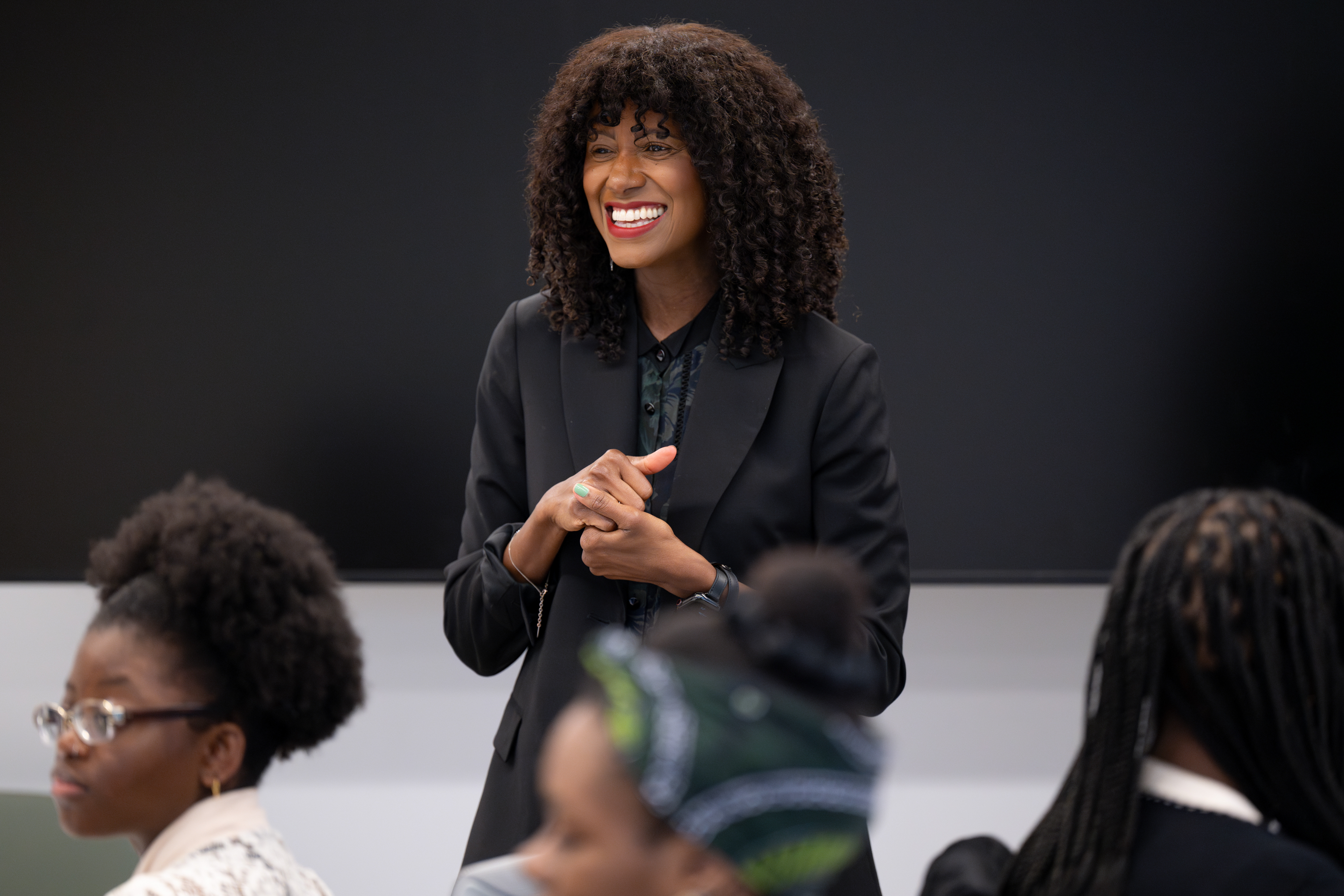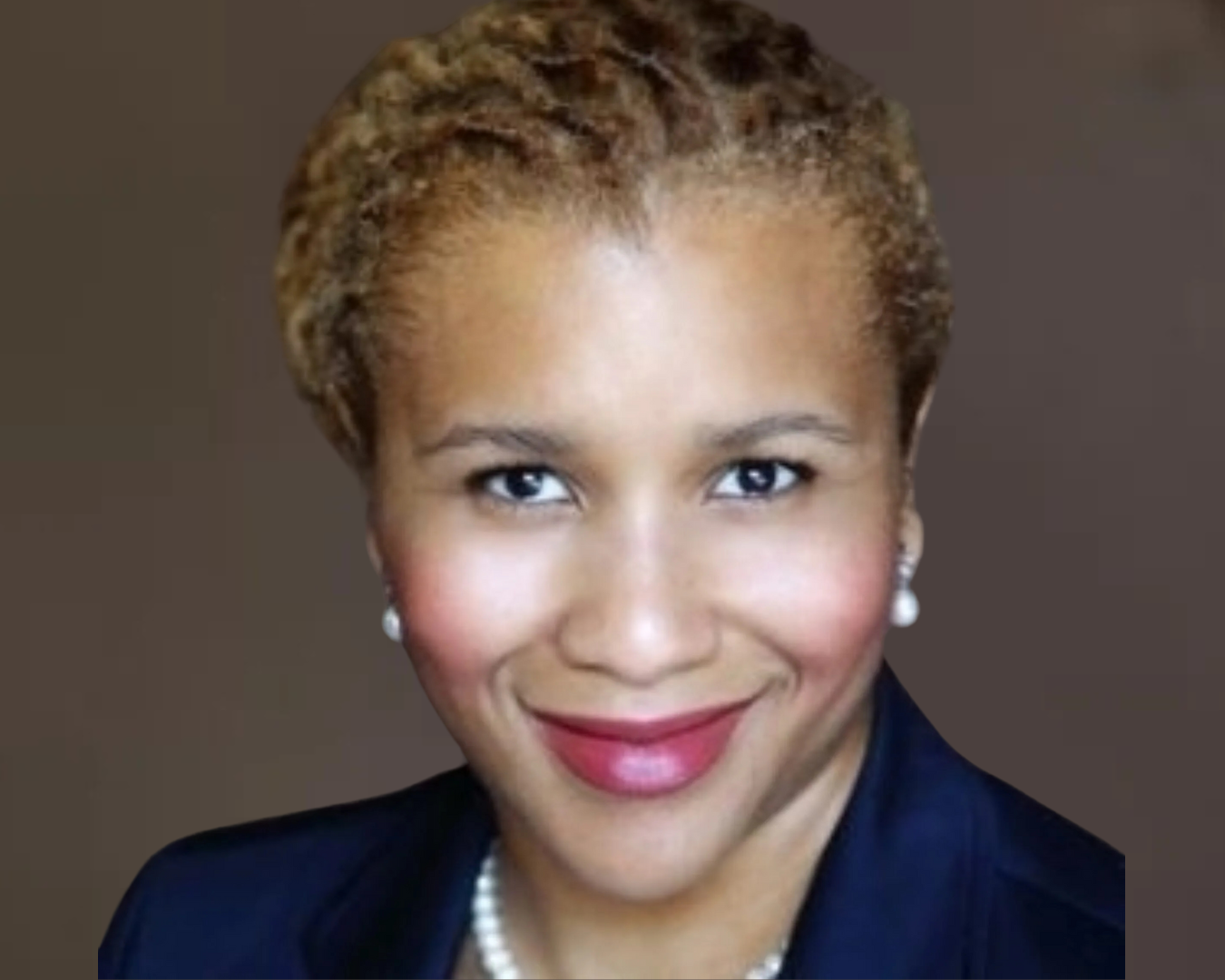Girls Who Code Works With Commonwealth of Kentucky on Comprehensive Legislation Aimed at Closing the Gender Gap in Tech
Governor Andy Beshear signs Girls Who Code SB 193 to bring more girls into K-12 computer science
Kentucky bill marks the fourth comprehensive Girls Who Code policy changed passed this year, amid organization’s national efforts to achieve gender parity in K-12 computer science
FRANKFORT, KENTUCKY (April 1, 2020) - Governor Andy Beshear has signed SB193, an education bill from Girls Who Code to close the growing gender gap in K-12 computer science in Kentucky. The legislation used recommendations from the Girls Who Code Policy Agenda to attract K-12 girls to computer science and retain them in the pipeline.
The effort was championed by Senate Majority Caucus Chair Julie Raque Adams (R-Louisville), Senate Majority Floor Leader Damon Thayer (R-Georgetown), Sen. Ralph Alvarado (R-Winchester), Sen. Max Wise (R-Campbellsville), House Minority Floor Leader Joni Jenkins (D-Shively), and Rep. Deanna Frazier (R-Richmond).
“The tech industry in Kentucky is rapidly growing, and we need to make sure our girls are prepared for these jobs, ” said Reshma Saujani, Founder and CEO of Girls Who Code. “This legislation is a first step towards understanding whether girls are enrolling in computer science classes and from there, we can start to address the reasons why they are not. What gets measured gets managed”
The number of computer professionals working in Kentucky is expected to grow almost 16 percent between 2016 and 2026, with computer programmers earning on average $72,000, almost $30,000 more than the state’s median wage. And yet, women are only earning 17% of computer science degrees awarded in the state. According to Girls Who Code research, nearly 70% of growth in the computing pipeline can come from changing the path of the youngest girls, including those in middle school.
"Women are less than a quarter of the tech workforce. We need our young women to start thinking early about a career in computer science in order to fill the jobs of today and tomorrow. SB 193 ensures that we are reaching girls early, exposing them to computer science options to increase their awareness of these well-paying careers,” said Senator Damon Thayer, the Senate Majority Leader.
“Girls have tremendous potential, and can do amazing things with computer science skills,” said Allison Ball, the Kentucky State Treasurer. “Our economy needs the innovations that this next generation of changemakers will create.”
”Computer science jobs are in the medical field, in the defense industry, in the intelligence industry, in the energy industry. No field is untouched by the skills that girls are learning when they learn to code,” said Sen. Julie Raque Adams, Senate Majority Caucus Chair. “By teaching girls to code, we are preparing them to fulfill any dream that they could have.”
“With computer science skills, you get to decide your future, and we need to make sure that girls are starting early so that they can build their future,” said Rep. Joni Jenkins, House Minority Leader.
This legislation aims to increase the number of girls who participate in computer science by requiring the state to track and publicly report the number and percent of students participating in computer science courses, disaggregated by gender, race and ethnicity, special education status, English learner status, and eligibility for the free and reduced lunch program, among other categories. Tracking participation in computer science is the first step in effectively closing the gender gap and bringing true diversity and inclusion into the forefront of computer science classrooms. It will allow policymakers to better understand the overall impact of statewide policies, and to create more targeted initiatives to make every computer science classroom look more like the schools and districts they are in.
Girls Who Code continues to work with state policymakers on legislative solutions to close the gender gap in K-12 computer science classrooms. The legislation in Kentucky comes on the heels of similar legislation in Indiana, Washington State, and Colorado, and policy changes in Florida and Utah.
For full text of the Girls Who Code Policy Agenda
###
About Girls Who Code
Girls Who Code is an international non-profit organization working to close the gender gap in technology, and leading the movement to inspire, educate and equip young women with the computing skills needed to pursue 21st century opportunities.
Since launching in the United States in 2012, Girls Who Code has reached 300,000 girls through its programs (Clubs, Summer Immersion Program, College Loops), and 500 million people through campaigns, advocacy work, and 13-book New York Times best-selling series. To learn more, visit www.girlswhocode.com.


